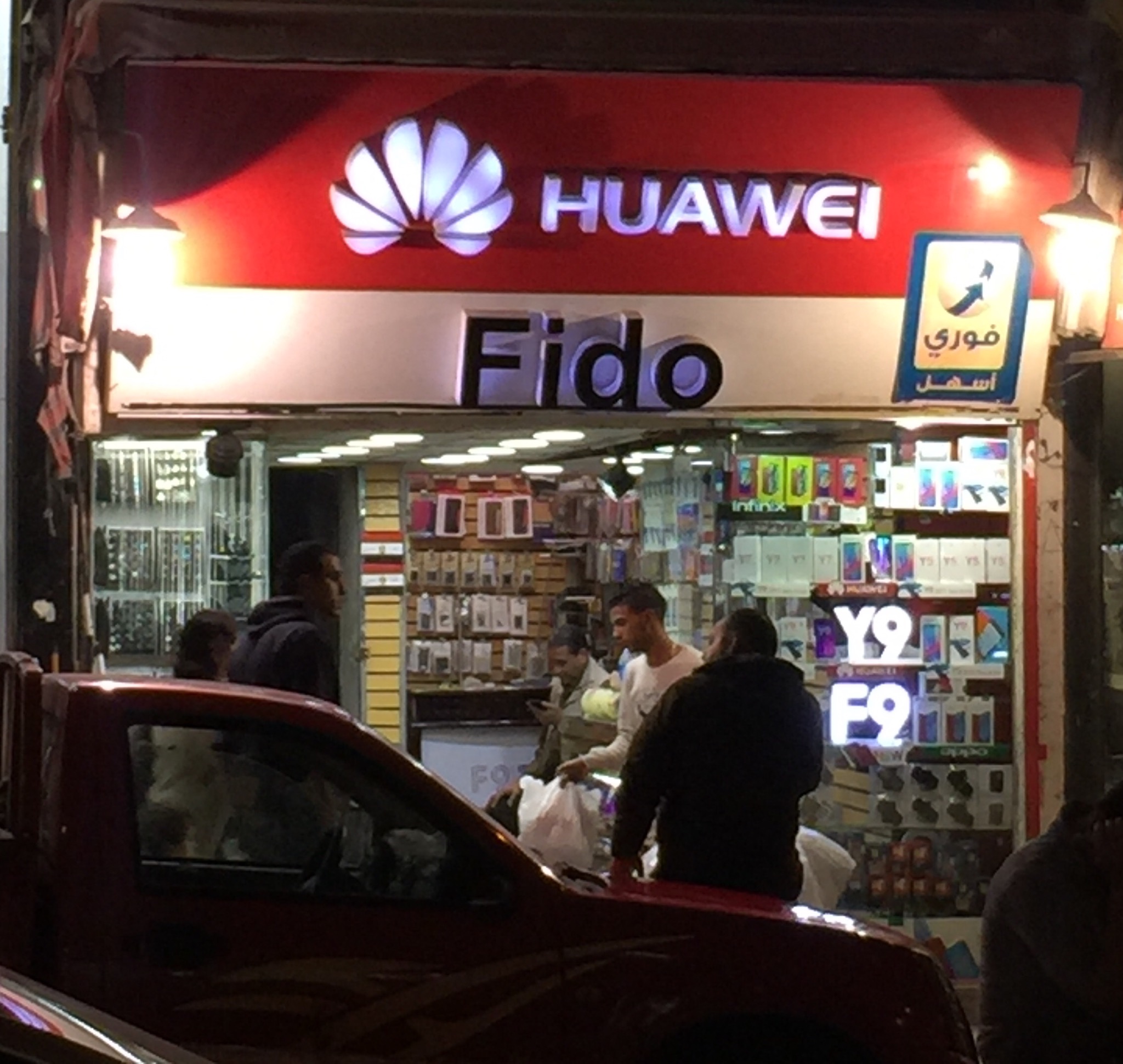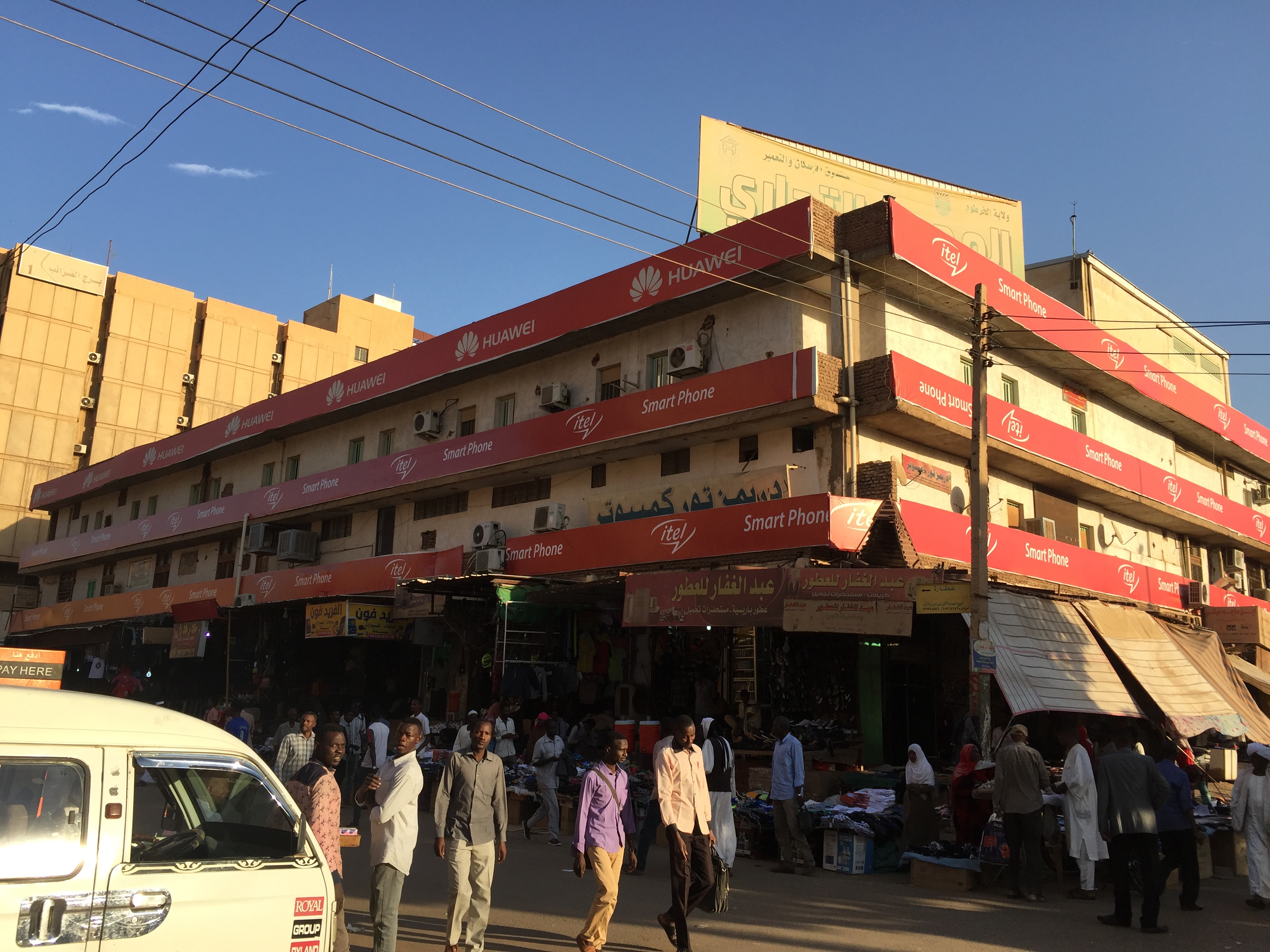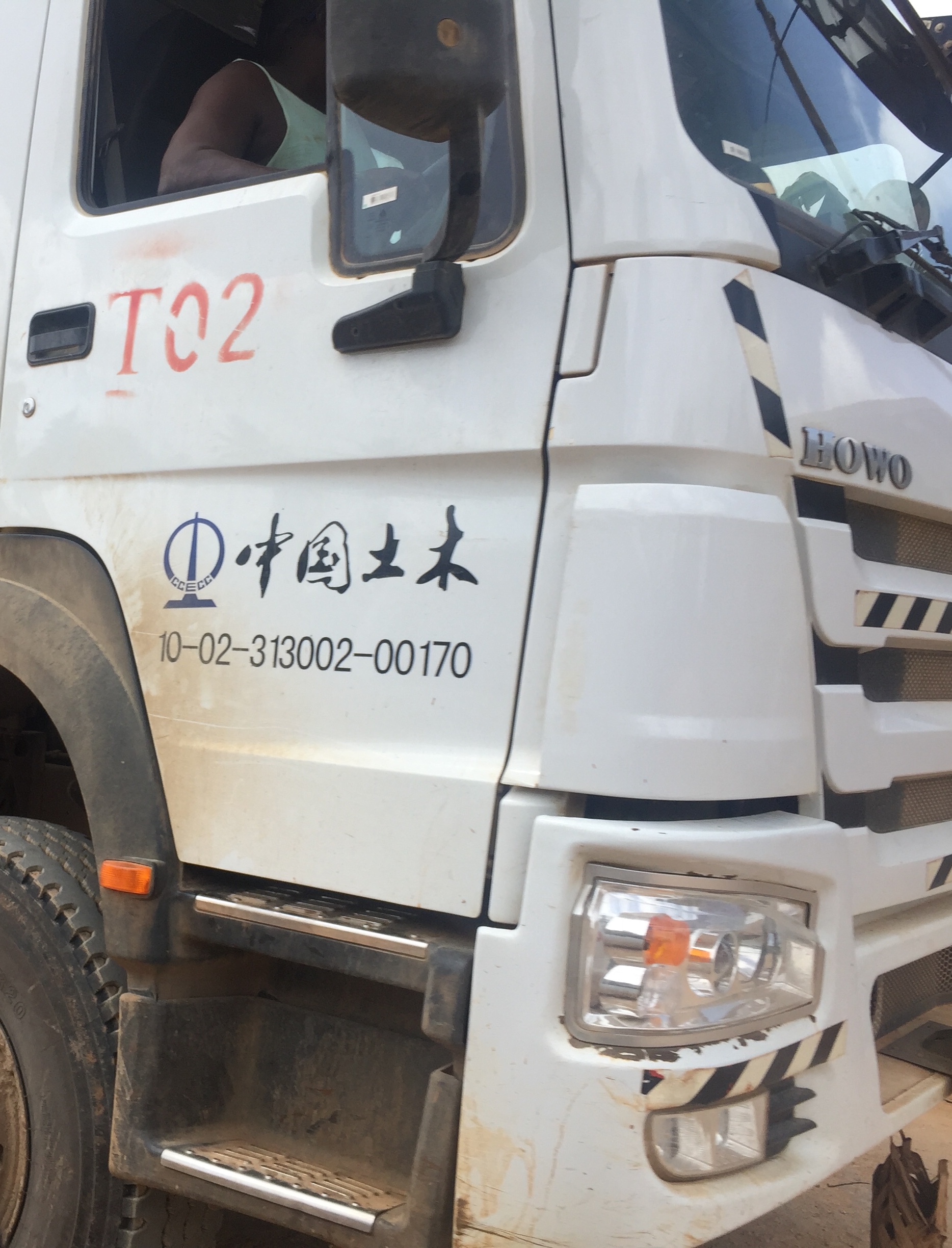Conversations with Wang Ji Lei (Google)
China’s 996 practice has allowed China to close the 30 years technology gap between China and the US within the past 5 years. Some segments like cashless commerce have already surpassed US. The norm is some labor regulations are considered formalities and adherence is not necessary.
China’s distribution path starts from Beijing, 1st tier cities, 2nd tier cities, 3rd tier cities and finally remote villages. While double digits growth has been the norm over the past five years, market saturation has been achieved within the Chinese digital space and most apps are having problems growing.
Baidu’s Ads revenue model via search is increasingly being disrupted by Tic Toc. They have lost 50% ofvtheir search revenue last year. Similar trend is being observed with Google’s Ad revenue model which is bring increasingly disrupted by Amazon in the below USD75 consumer goods segment, Facebook between the USD75 and USD2000 consumer goods segment.
Tic Toc and WeChat dominate the bulk of the mobile usage bandwidth in China. Tic Toc with string positions within the short video entertainment segment while WeChat in the social conversations segment. Both companies face significant challenges encroaching into the other’s territory.
Tic Toc is the only Chinese mobile entertainment app that has made significant headway out of China. They have a well defined playbook which specialized tiger teams follow to gain traction in new territories. Maintenance is transferred to local team once penetration threshold is achieved. Due to fickle nature of users, retention remains the number 1 challenge. Position can be easily displaced by new entrants. Thebunderlyimg thesis is that city dwellers have lots of fragmented time spread across a day. Each video is restricted to 45secs to reduce anxiety that user has to stop watching between engagements. This also helps induce the habit of chipping in between engagements.
Typical engineer’s salary in Beijing is USD50,000 per year while a house cost around USD2million. While typical engineering salary in Silicon Valley is at least USD100,000 per year while house cost at least USD1 million. Wealth is mainly retained at the upper levels in China. Given the ratio of salary to house price as well as the comparative working hours, there is significant pull of talents to Silicon Valley.
Average green card waiting time for EB1 is now five since it’s been expended to include executives.
Major housing development is occurring in South Bay given huge influx of population and hiring by google (50,000 people) and other giants. Heavy recruitment is happening as Google continues to build out its cloud team.
Google cloud’s market share continues to lag with Amazon leading, Microsoft Azure in Second and AliCloud 3rd. Google cloud organization is facing an inflection point as upper management faces difficulties with zeroing in on a clear strategy. The symptoms are the dilemma between engineering culture (Google Default) versus customer culture (Amazon) and SMB versu Enterprise. Google’s traditional engineering culture has the effect of causing company to drift towards heavy engineering solutions which might be an overkill for SMB needs coupled with a lot of wastage which no one needs. This opens up a gap for customer focused companies.















